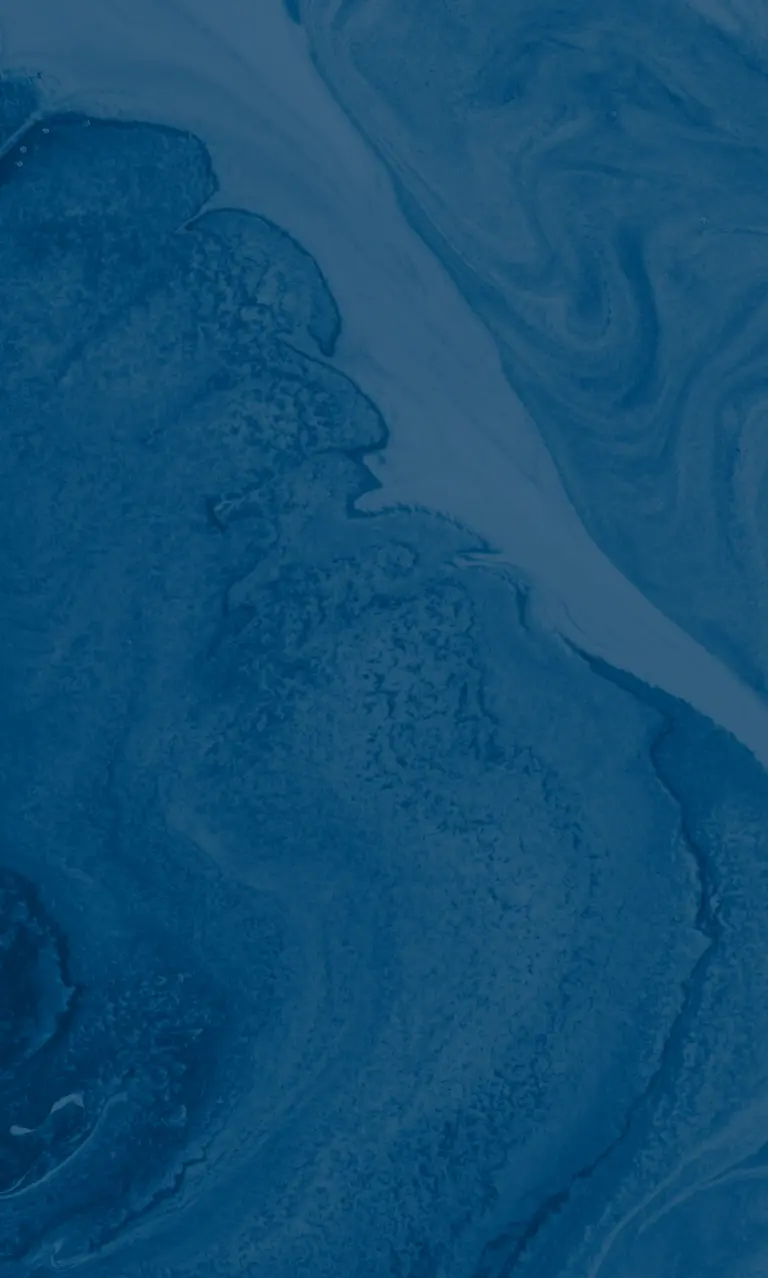ARDECO Resilience of deep-sea corals
Just like their tropical counterparts, cold-water coral reefs form complex habitats that support local biodiversity and biomass, and their aragonite skeletons fix CO2. Cold-water corals can be found on the seabed of the Bay of Biscay at depths of 600m to 2,000m, but they face threats from the warming and acidification of the oceans.
Because of the rising temperatures, the shallower corals may be pushed down to deeper, colder waters, yet at the same time acidification is driving the deeper ones up to shallower water more abundant in carbonates. These competing pressures may significantly narrow the fundamental niche where cold-water deep-sea corals can thrive, unless they are able to adapt.
In this context, the ARDECO project aims to assess the adaptability and predict the dynamics of the three main species of deep-water reef coral, Desmophyllum pertusum, Madrepora oculata and Solenosmilia variabilis, so as to gauge their resilience to global climate change. Two experimental approaches will be adopted: in situ and ex situ.
In situ: Over the course of a year, coral will be transplanted from a depth of 1,000m up to a shallower level of around 400m, where only coral rubble is currently to be found. Larval traps and settlement devices will be deployed in parallel in order to identify the fundamental niche for reef corals in the north-east Atlantic, and to determine the extent to which their established niche has been restricted by the intensified levels of deep-sea fishing over recent decades.
Ex situ: Coral will be subjected to increased temperatures and/or reduced pH over the course of six months to test its response to climate change scenarios between now and 2100. These experiments will be conducted in high-pressure aquariums specifically set up for ARDECO to simulate the depth and hydrostatic pressure where these species naturally live.
The coral’s response to these changes in its environment, both in situ and ex situ, will be assessed by measuring its nutrition levels, growth, reproduction rate and behaviour, and by analysing the nature and function of the interactions between coral polyps and their microbiome.
Partners
Centres de recherche
- Ifremer, Brest [Porteur de projet]
- LECOB : Laboratoire d'Ecogéochimie des Environnements Benthiques
- BOREA Paris : Biologie des organismes et écosystèmes aquatiques
Funders
- Agence Nationale de la Recherche
